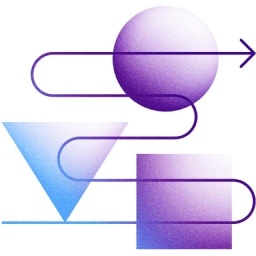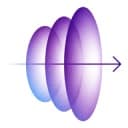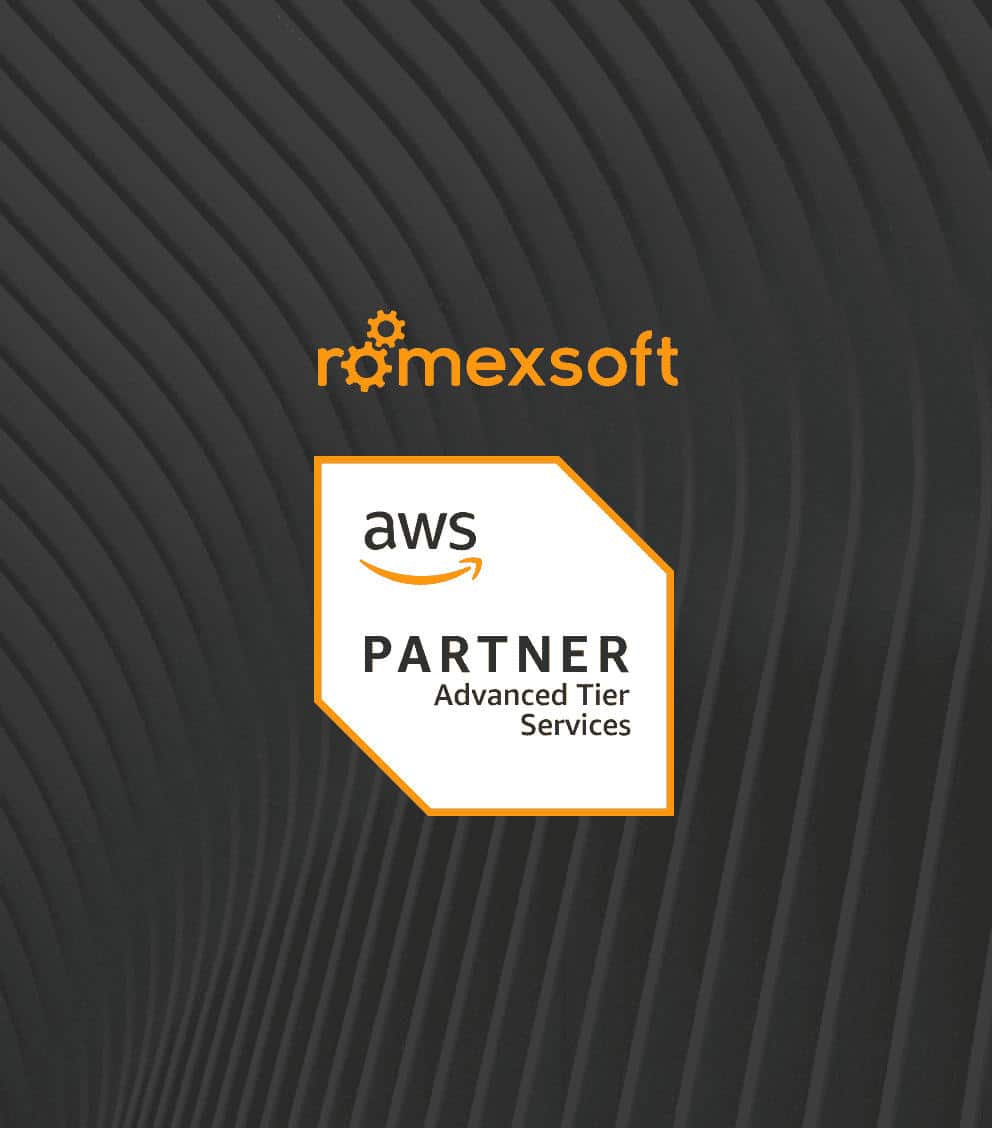BioTech Software Development
Our expertise provides biotechnology software development services by creating high-quality products ensuring precision in data output and works interoperability with lab systems.

Biotechnology Development Services We Provide
Romexsoft’s experts develop platforms that improve processes, increase engagement, and drive modernization in your organization.
Custom Biotechnology Software Solutions
Our engineering team specializes in applications for lab automation, genomics, diagnostics and streamlining R&D. We integrate lab devices, provide efficient management of large datasets, and enable complex data analysis on web and mobile.
Integration with Existing Lab Systems
Integrate lab technology with main laboratory applications, including LIMS, clinical trial management, and pharmaceutical systems. We create architectures that allow seamless information flow between your program and third-party APIs.
Drug Development Using AI and ML Tools
Predictive modeling enable metrics-based insights into drug discovery, genetic analysis, and diagnostics. Our engineers design and train custom AI/ML models, ensuring peak validity and responsiveness.
Data and Analytics at Scale
We design custom instruments and tools to handle large-scale experimental knowledge and small biological assays for accessible and analyzable data. Visualization and forecasting analytics allow the team members of the biotech to draw meaningful reports.
Data Governance & Security
Our crew incorporates secure storage, access controls, and compliance with the BioTech industry regulations like FDA, 21 CFR Part 11 and GDPR. Thus, BioTech companies can securely treat patient information, considering privacy and standards conformity.
Advanced Cloud Computing
Biological firms gain streamlined analysis handling and enhanced operational efficiency with our BioTech solutions, while maintaining scalable data at every stage of the biotechnology review and development life cycle, thanks to flexible multi-cloud options.
Embedded Software for Diagnostics
Biotech projects are crafted to optimize diagnostic equipment performance in every stage: design, deployment, and maintenance. In that way, life science and biotech applications will be able to provide reliable patient care.
Data Modernization
We optimize in-house clusters to handle large volumes of information to a great extent, thereby limiting the need for redundant experiments and hence empowering your team to make informed decisions. Thus, we support quicker analysis and resource optimization.
Benefits of Biotech Software
Software for biotech accelerates scientific discoveries, simplifies complex laboratory and clinical processes, and boosts precision in research outcomes.
Biotech Software Solutions We Can Build
Here are some examples of biotechnology software solutions we can design and develop to help organizations navigate the growing demand for complex and personalized therapeutics while optimizing operational efficiency and maximizing ROI.
Laboratory Information Management Software
Facilitates laboratory operations by tracking samples, managing workflow, and ensuring precision in documents. Customized LIMS products support the improvement of laboratory productivity, better conformance, and enhanced management.
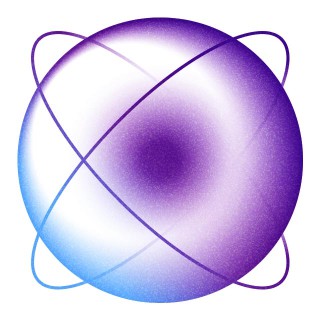
Scientific Data Management Software
Facilitates secure storage and organization of scientific reports. SDM supports researchers in accessing and sharing datasets for collaborative, insights-based instructions. A BioTech SaaS model for SDMS ensures scalability, security, and remote accessibility, making it ideal for biotech companies.

DNA Analysis Program
Provides support for a range of complex genetic analysis useful in study investigations, diagnosis, and identification of drug targets. This includes DNA sequencing, mutation detection, and comparison tools, important in personalized medicine and genomics research.
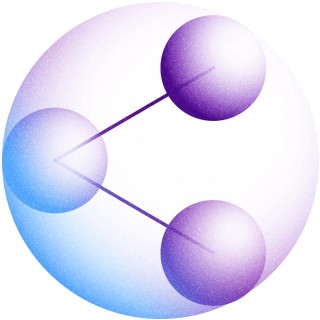
Sample Status Management Software
It monitors and tracks the status of biological samples, providing accurate information on the presence, location, and status of all samples. Ideal for high-throughput laboratories, it reduces errors, improves sample traceability, and increases sample status in real time.
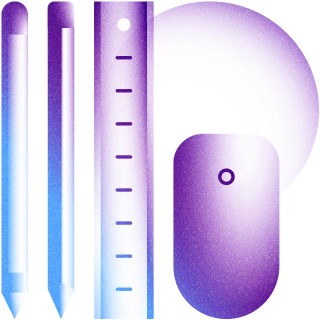
Clinical Trial Management Systems
It helps to organize and manage clinical trials by processing participant materials, planning, and complying with regulatory requirements. Such systems improve trial efficiency, track key metrics, and support reporting.

Electronic Laboratory Notebook Systems
Replaces traditional lab notebooks with secure, searchable digital records, simplifying management and collaboration. ELNs allow researchers to easily document evaluations and share results, fostering collaborative and reproducible exploration environments.
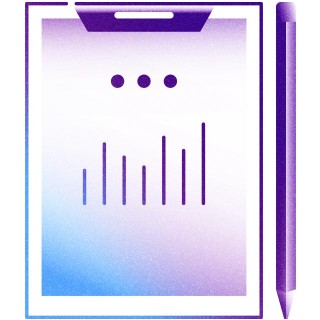
Enterprise Applications
They support large-scale biomedical operations by integrating inventory management, regulatory abidance, project tracking, and resource planning. It provides a unified platform for managing complex workflows, increasing transparency and productivity across all departments.

Our Case Studies




What the Clients Say
Schedule a Call with Our Experts
Learn how partnering with us can accelerate your BioTech company's growth and keep you ahead of the latest trends.
Collaboration Models We Offer
Outsourcing software development allows you to tackle specific projects without interrupting your in-house teams’ workflow, while also managing workload spikes efficiently. Here are the common engagement models for outsourcing:
Augmentation
Team
Latest Biotechnology Software Trends
With alignment to the present-day trends in the biopharmaceuticals industry, each project satisfies both the present industrial demands and future readiness.
Artificial Intelligence & Machine Learning
Advancements of Tailored Therapy
Balancing Optimization and Innovation
Sustainability
Why Romexsoft is the Right Fit
Romexsoft combines its biotechnology expertise with a focus on scalability to build resilient software capabilities. And we ensure that it meets evolving biotech needs while prioritizing data integrity and regulatory adherence.
Business Agility
Innovate faster while reducing failure costs. Our customers have a 60% decrease in time to actionable insights.
Operational Resilience
We provide life sciences organizations with the data visibility and compute services needed to predict and prevent downtime.
Cost Savings
Control costs and continuously optimize your expenses with modern, scalable applications that meet your needs.
Biotech Sectors We Work With
We engage with life sciences vectors to help organizations quickly and efficiently develop, test, manufacture, and commercialize therapeutics – all while complying with the strictest regulations.
BioTech Software Development Process
Every step of the workflow is carefully considered to ensure that it is efficient, compliant, maintaining tangible gains and adaptability into the future. This approach allows the project to meet strict biotechnology standards, evolve along with technological progress, and receive full support throughout its life cycle.
We partner closely with your team to understand the exact biotech goals, market trends, and regulatory requirements. It includes an in-depth feasibility study where we identify potential challenges and align backend capabilities with specific biotech applications.
Our team develops a minimum viable product to ensure quick feedback and validation of core functionality. We emphasize building core features that directly support your goals. Our engineering lifecycle allows us to implement, test, and refine the core capabilities of the programm, ensuring that it meets the required scientific standards and regulatory requirements. At this stage, you receive a simplified version of your solution, allowing you to get real feedback that forms a roadmap for full-scale development.
Our designers carefully study your specifications, including system architecture diagrams, wireframes, and deliverables for each stage. After that, we create detailed user interaction diagrams, mockups, and prototypes adapted to workflows. We take your feedback into account early in the process to ensure that software’s functionality and user interface meet scientific and operational standards.
To ensure seamless interoperability, we integrate the tool with your existing systems, databases, and third-party applications if needed. Throughout the entire integration process, our professionals sticks to the defined technologies and platforms. Each integration point is thoroughly tested to ensure compatibility and data accuracy.
Once the integration is complete and the alpha version is available for review, we continue to test the product, make changes, and eventually launch the beta version, ensuring smooth operation even during peak loads. We address potential issues, and fine-tune the application to meet the highest standards of reliability.
As soon as the final tests confirm the stability of the application, we start the deployment process. For complex systems, we offer options: a phased release, starting with one branch and gradually adding others, or a full deployment at once – your choice.
After deployment, we provide ongoing monitoring, updates, and increasing efficiency. Then we customize features in accordance with changing industry standards and user feedback, ensuring that the program remains efficient, compliant, and in line with the latest biotech advances.
Technologies We Use
Programming Languages
Frameworks and Libraries
Databases
ML and AI
Frequently Asked Question
Key challenges in biotechnology program development include ensuring knowledge cybersecurity and observance with strict regulations, efficiently managing large sets of diverse data, and achieving seamless integration with laboratory instruments and medical systems.
Creating a scalable infrastructure is essential to meet the growing data needs, and combining biotechnology and software expertise provides scientifically accurate and user-centered frameworks. Specialized approaches are required to effectively address these complex challenges.
The software optimizes biotech lab workflows by automating repetitive tasks, reducing manual errors, and centralizing reports to speed up exploration and decision-making. Key benefits include:
- Automation of data entry, sample tracking, and report generation.
- Data integration between tools for centralized access.
- Improved planning for better resource allocation.
- Inventory management for efficient supply tracking.
- Accordance monitoring to ensure alignment with regulatory standards.
These improvements save time, increase accuracy as well as overall laboratory performance, accelerating biotech investigation.
When developing biotechnology tool, important regulatory considerations must be followed to ensure data security and observance:
- Data privacy and protection. Protecting sensitive medical documents in accordance with HIPAA, GDPR, and other similar regulations.
- FDA and EMA adherence. Required for biotechnology software intended for diagnostic or therapeutic use.
- Electronic Records Standards. Meets the requirements of 21 CFR Part 11 for electronic records in clinical and laboratory settings.
- Quality and validation. Alignment with GAMP and ISO standards to maintain quality and reliability.
Proven methodologies we use to ensure data reliability in biotech applications:
- Data encryption. Protect sensitive documents in transit and at rest with strong encryption protocols.
- Access control. Use role-based access and multi-factor authentication to limit information access to authorized personnel.
- Regular security audits. Conduct frequent shielding assessments to identify vulnerabilities and ensure regulatory adherence.
- Compliance. Comply with HIPAA, GDPR, and other relevant regulations to maintain records privacy.
- Secure info storage. Implement redundant and secure storage strategies with robust backup and recovery plans.
Discover additional services and blog content on digital transformation.






